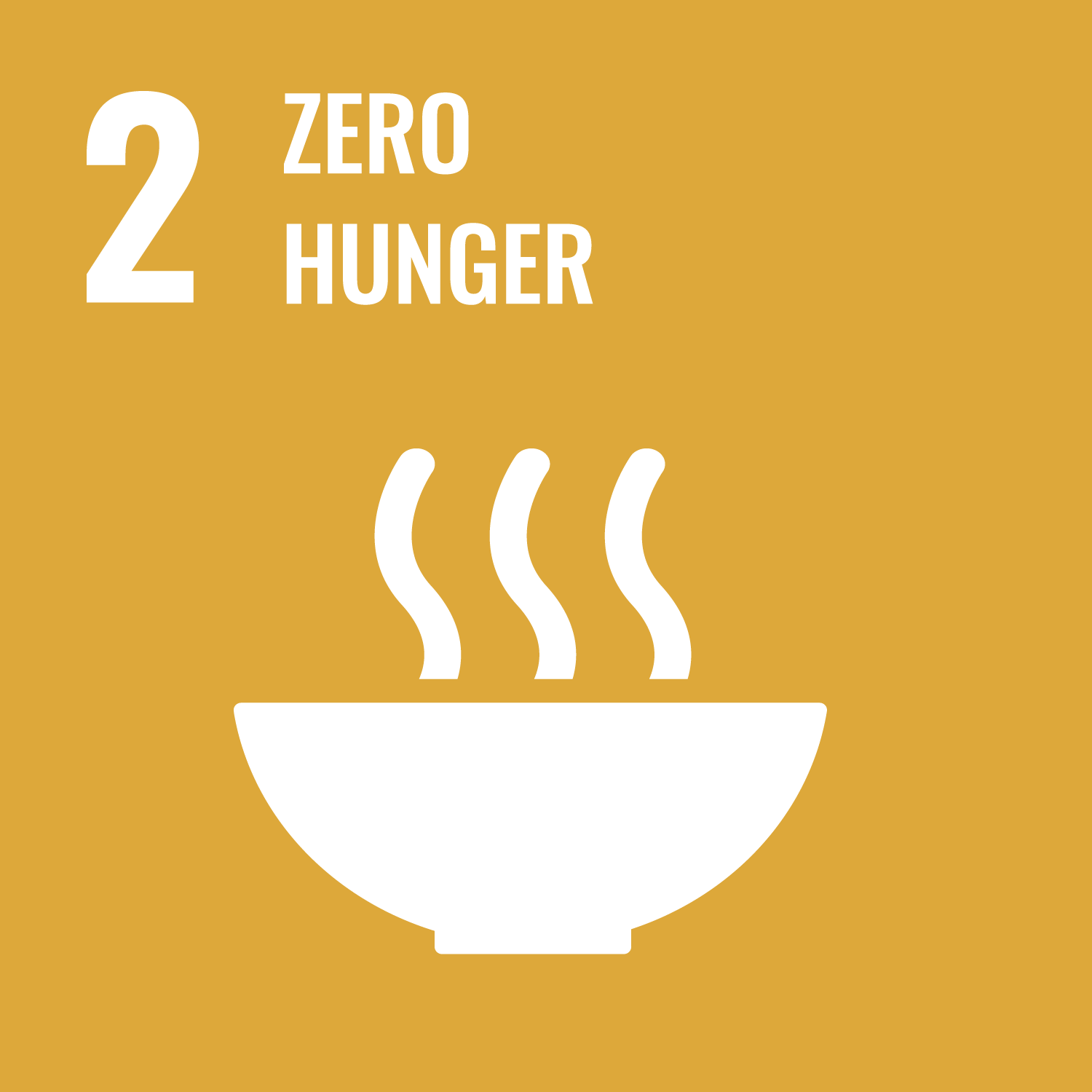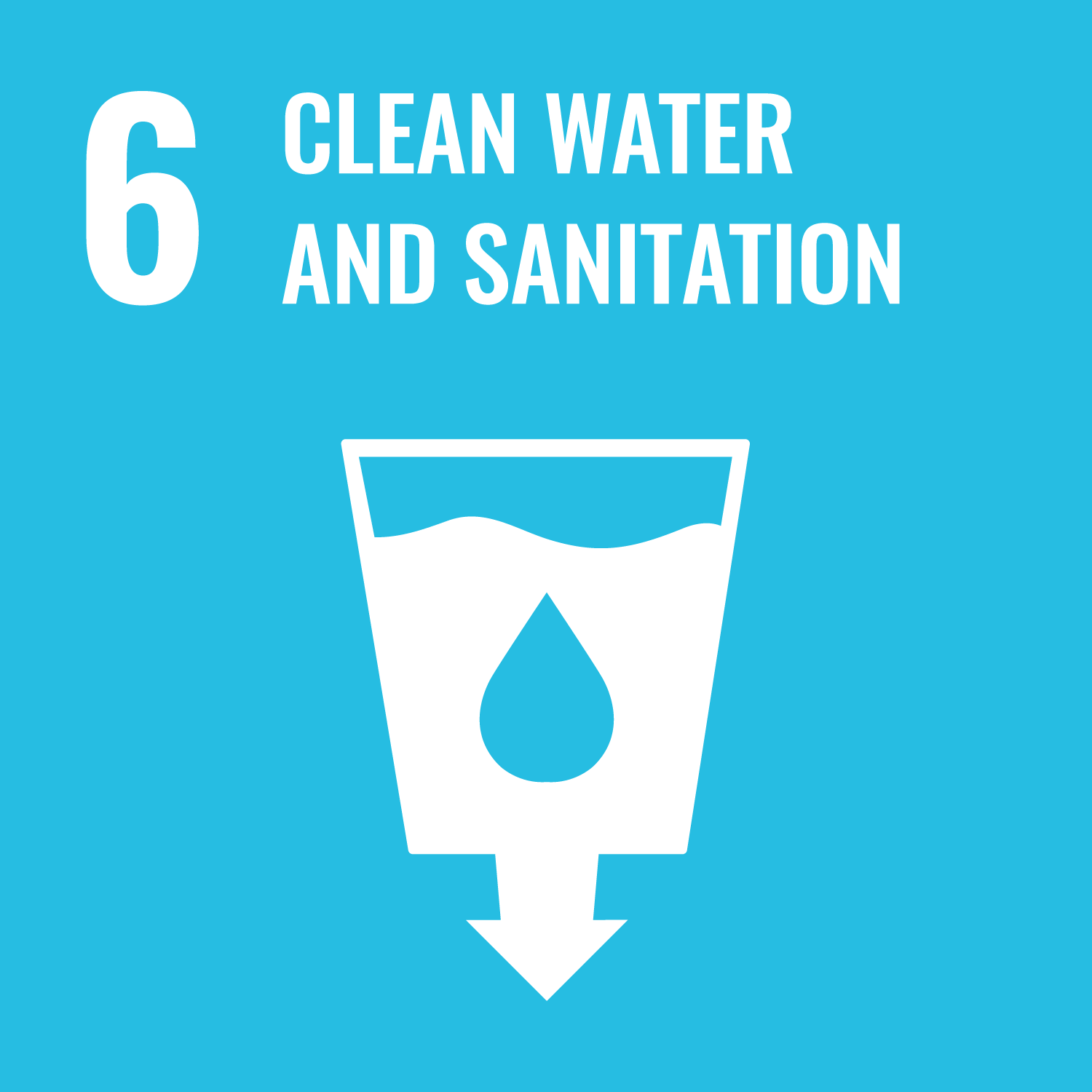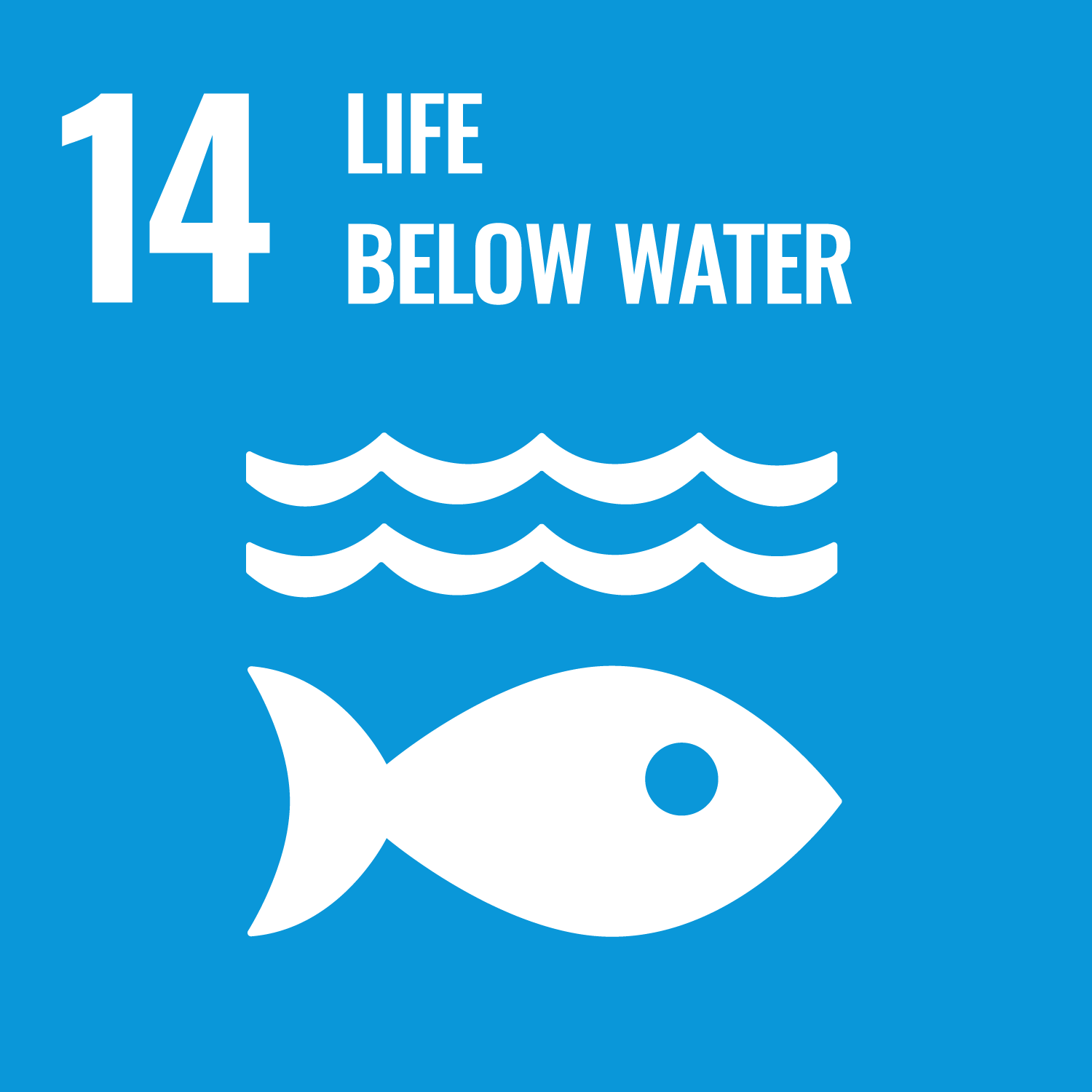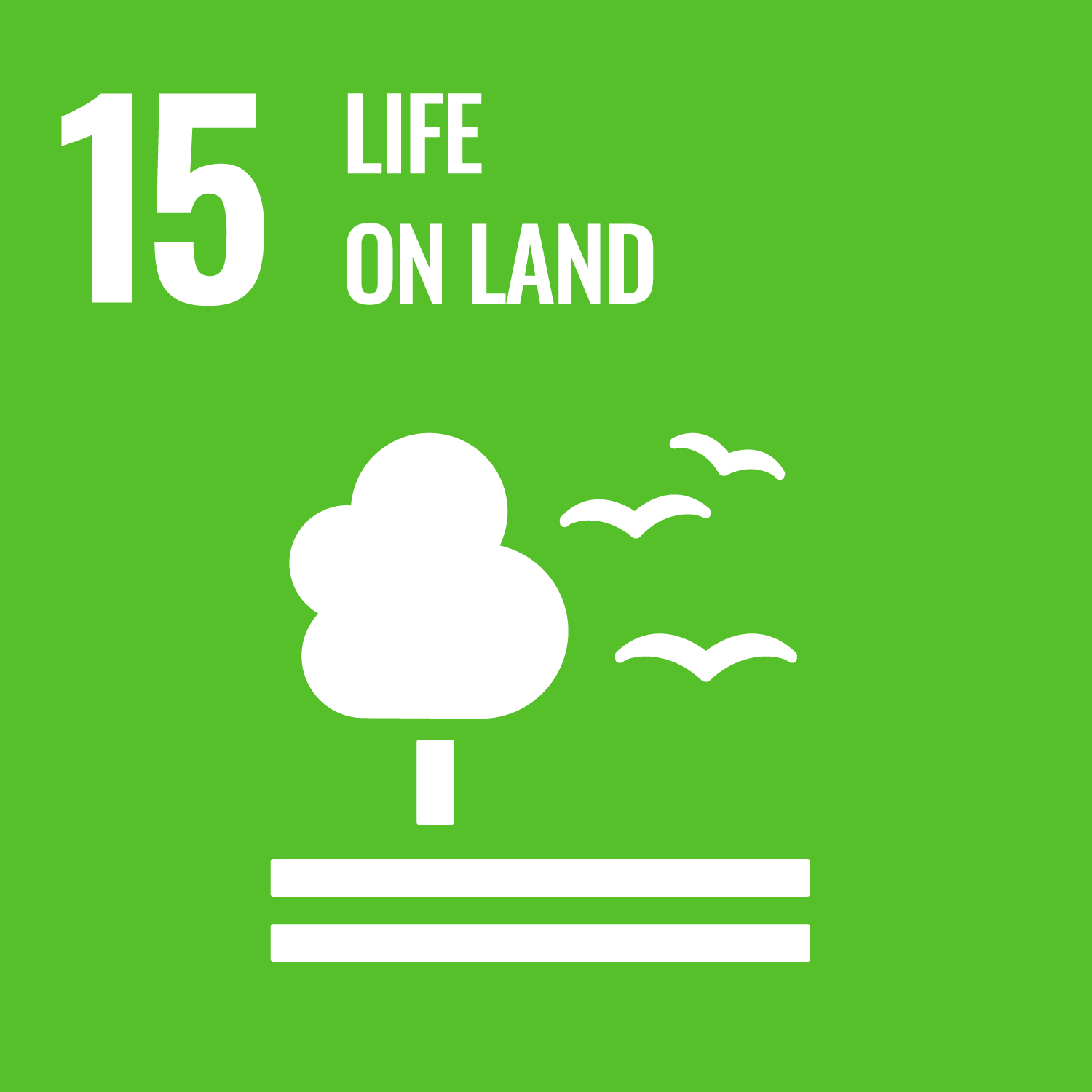Since the Industrial Revolution, the world's population has increased exponentially, from less than 700 million in 1700
to 8 billion today. In order to feed this growing population, we have expanded cultivated land, pumped up groundwater for
irrigation, and increased food production by using large amounts of chemical fertilizers and pesticides, which has led to
deforestation and a continuing sharp decline in the number of species. In addition, as a result of consuming large amounts
of natural resources and expanding material production in the pursuit of a better life, the impact on the environment of the
large amount of waste produced is also becoming a serious problem. Under these circumstances, there is a rapidly growing call
for the realization of a sustainable world that takes into account the conservation of the global environment.
In this class, we will approach the issue of the global environment from the perspective of matter and energy, and in the process, we will learn the knowledge and principles of chemistry that are essential for solving these problems. As a final project, you will research new technologies that will enhance sustainability, either individually or in groups, and then write a report.
The basic chemistry you learn in this class will definitely be useful as a foundation for scientific thinking when you advance to specialized courses and even after graduating from university, if you become interested in global environmental issues again and become involved in activities to realize a sustainable world.
In this class, we will approach the issue of the global environment from the perspective of matter and energy, and in the process, we will learn the knowledge and principles of chemistry that are essential for solving these problems. As a final project, you will research new technologies that will enhance sustainability, either individually or in groups, and then write a report.
The basic chemistry you learn in this class will definitely be useful as a foundation for scientific thinking when you advance to specialized courses and even after graduating from university, if you become interested in global environmental issues again and become involved in activities to realize a sustainable world.
Students will acquire the knowledge and principles of chemistry necessary to understand various issues surrounding the
global environment, and will be able to understand reports in newspapers, magazines, and on television from a chemical perspective.
In addition, they will lay the foundations so that they can resume their own chemical studies independently in the future
when more specialized chemical knowledge is required. They will also learn how to solve problems through research activities
on new technologies that enhance sustainability.
| Goals and objectives | Course Outcomes | |
|---|---|---|
| 1. | Understand the properties of the elements in relation to the periodic law. Also understand the types of bonds between atoms that make up matter and the characteristics of each type of bonds. |
3.
|
| 2. | Can explain the mechanisms of air pollution, ozone depletion, global warming, water pollution and acid rain, and their countermeasures from a chemical perspective. |
3.
|
| 3. | Can explain the advantages and disadvantages of various energy resources, taking into account their impact on the global environment. |
3.
|
| 4. | Can explain the properties of plastics and their production and recycling methods, based on your chemical knowledge. |
3.
|
| 5. | Can research materials on new technologies that enhance sustainability and summarize them in a report. You can also give a persuasive explanation on such chemical-related topics. |
3.
|
| Quizzes and Exercises | Evaluation of Report | Total. | |
|---|---|---|---|
| 1. | 10% | 0% | 10% |
| 2. | 20% | 5% | 25% |
| 3. | 20% | 5% | 25% |
| 4. | 10% | 5% | 15% |
| 5. | 25% | 25% | |
| Total. | 60% | 40% | - |
| Class schedule | HW assignments (Including preparation and review of the class.) | Amount of Time Required | |
|---|---|---|---|
| 1. | Guidance (class achievement objectives, class procedures, grading methods) Introduction: · Extreme weather · What is sustainable development? · Ecological footprint |
Research the Sustainable Development Goals (SDGs). | 40分 |
| 2. | Atmospheric Chemistry and Air Pollution (1): · Evolution of the earth's atmosphere · Atmospheric composition · Causes of air pollution · Photochemical smog |
Take notes on what you learned in the previous class. Read Chapter 2, Sections 2.1-2.4 of the textbook. | 160分 |
| Calculate your own ecological footprint using the "Diagnostic Quiz" from Ecological Footprint Japan. https://ecofoot.jp/personal-calculator/ |
40分 | ||
| 3. | Atmospheric Chemistry and Air Pollution (2): · Acid rain · Health hazards caused by air pollution · Measures to prevent air pollution |
Take notes on what you learned in the previous class. Read Chapter 2, Sections 2.5-2.7 of the textbook. | 200分 |
| 4. | Water Chemistry and Water Pollution (1): · Water as a resource · Chemical properties of water · Acidification of seawater |
Take notes on what you learned in the previous class. Read Chapter 3, Sections 3.1-3.4 of the textbook. | 200分 |
| 5. | Water Chemistry and Water Pollution (2): · Water pollution · Groundwater pollution · Water supply and sewage |
Take notes on what you learned in the previous class. Read Chapter 3, Sections 3.5-3.7 of the textbook. | 200分 |
| 6. | Ozone Layer Depletion and Protection: · Formation mechanism of ozone layer · Ozone hole · Ozone layer protection measures |
Take notes on what you learned in the previous class. Read Chapter 5, Section 5.1 of the textbook. | 200分 |
| 7. | Climate Change (1): · Heat budget of the earth · Causes of climate change · Sources of greenhouse gases and their countermeasures |
Take notes on what you learned in the previous class. Read Chapter 5, Sections 5.2-5.3 of the textbook. | 200分 |
| 8. | Climate change (2): · Prediction of climate change · Measures to cope with climate change |
Take notes on what you learned in the previous class. Read Chapter 6, Sections 6.1-6.3 of the textbook. | 200分 |
| 9. | Energy resources and sustainability (1): · Energy consumption in the world and Japan · Fossil fuels |
Take notes on what you learned in the previous class. Read Chapter 6, Section 6.4 of the textbook. | 200分 |
| 10. | Energy resources and sustainability (2): · Nuclear Chemistry · Discovery of nuclear fission and its impact on human history · Nuclear power and its future |
Take notes on what you learned in the previous class. Read Chapter 6, Sections 6.5-6.6 of the textbook. | 200分 |
| 11. | Energy Resources and Sustainability (3): · Renewable Energy · The Future of Energy Supply and Demand in Japan |
Take notes on what you learned in the previous class. Read Chapter 7, Sections 7.1-7.3 of the textbook. | 200分 |
| 12. | Garbage and Recycling (1): · Waste Disposal · Social Issues Related to Garbage · Plastic Waste |
Take notes on what you learned in the previous class. Read Chapter 7, Sections 7.4-7.7 of the textbook. | 200分 |
| 13. | Garbage and Recycling (2): · Recycling · Plastics and Carbon Neutrality · Life Cycle Assessment |
Take notes on what you learned in the previous class. Read Chapter 8 of the textbook. | 200分 |
| 14. | Management of Chemical Substances and Concept of Risk: · Safety and Security · Risk Assessment of Chemical · Risk Management of Chemical Substances |
Take notes on what you learned in the previous class. | 200分 |
| Total. | - | - | 2640分 |
1. Quiz and exercises: 40 points out of 40
(A quiz will be given in each lesson to check your understanding of the lesson content. In some cases, exercises will also be given. Answers to the quiz and exercises will be graded on a 5 point scale. The total score will be converted to a 60-point scale).
2. Report: 40 points out of 100
A score of 60 or more out of a total of 100 points is required to pass the course.
For each confirmation quiz, you will receive 80% of the points if you participate properly in class.
You can get 60% if you do not cut corners and prepare a well-organized report.
(A quiz will be given in each lesson to check your understanding of the lesson content. In some cases, exercises will also be given. Answers to the quiz and exercises will be graded on a 5 point scale. The total score will be converted to a 60-point scale).
2. Report: 40 points out of 100
A score of 60 or more out of a total of 100 points is required to pass the course.
For each confirmation quiz, you will receive 80% of the points if you participate properly in class.
You can get 60% if you do not cut corners and prepare a well-organized report.
| ways of feedback | specific contents about "Other" |
|---|---|
| Feedback in outside of the class (ScombZ, mail, etc.) |
- If you have any questions or problems, please chat during class or email after class (asao@shibaura-it.ac.jp).
- Course that cultivates an ability for utilizing knowledge
| Work experience | Work experience and relevance to the course content if applicable |
|---|---|
| N/A | N/A |









- 2.ZERO HUNGER
- 3.GOOD HEALTH AND WELL-BEING
- 6.CLEAN WATER AND SANITATION
- 7.AFFORDABLE AND CLEAN ENERGY
- 11.SUSTAINABLE CITIES AND COMMUNITIES
- 12.RESPONSIBLE CONSUMPTION & PRODUCTION
- 13.CLIMATE ACTION
- 14.LIFE BELOW WATER
- 15.LIFE ON LAND
Last modified : Thu Mar 13 04:12:39 JST 2025

